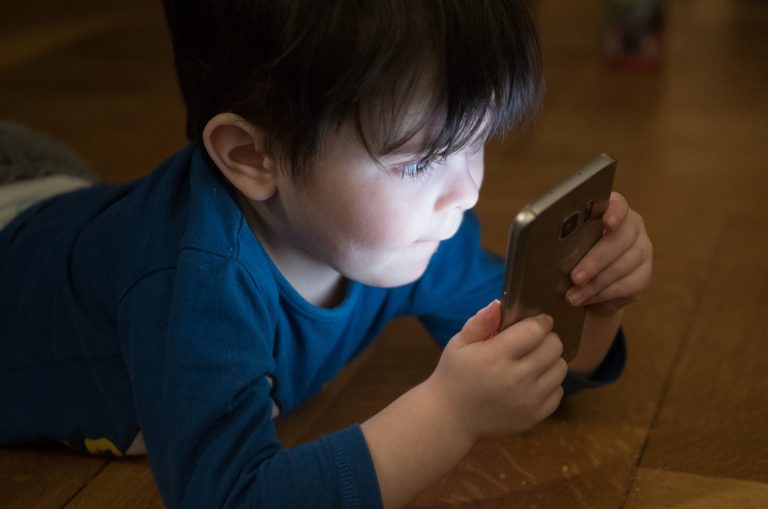What is the best educational measure against piracy?

Image Digital Art_By_Projekt_Kaffeebart Used Under Pixabay License
Canada’s government has amended its Copyright Act to clarify that piracy notices can’t demand cash from Canadians. The piracy-notice system took effect in 2015, allowing “copyright holders to send warning emails to people suspected of illegally downloading content such as movies or music,” CBC explains. According to CTV News, the measure’s goal was to educate abusers and discourage piracy. However, consumers and advocates complain that some creators have abused the system, sending demands for payment and stating that they could face legal fines otherwise. Now, internet service providers won’t have to forward notices that demand payment or personal information.
Do you want to know more about piracy? Check out our three-part series. We walked about the definition of digital piracy – or copyright infringement – what the Canadian law says about it, and who decides what is considered pirated material.
How harmful can screen addiction be?

Image Boy Mobile Phone_By_Andi_Graf Used Under Pixabay License
According to CBC, a recent study suggested that excessive screen time can cause delays in child development. Conducted by the University of Calgary in partnership with the Alberta Children’s Hospital and the University of Waterloo, the research looked at the habits of 2,500 families in Calgary. One of the researchers, Dr. Sheri Madigan, pointed out that “The Canadian Paediatric Society’s recommendation for kids age two to five is that they spend no more than one hour per day watching high-quality programming,” which means content with a learning component. To prevent problems, she argued that parents should lead by example, encouraging “productivity screen time.”
But how to define what is too much screen time? Also in January, TechCrunch reported that U.K. parliament’s Science and Technology Committee called social media platforms for more transparency on their service. The ultimate goal is to provide more data and other resources to researchers studying technology’s effects on users, particularly children and teens. The committee has expressed concern about the lack of good academic evidence to support legislation. A similar concern was expressed by The Guardian last year in an article suggesting that there is a “cycle of moral panic” around technology use by children. They argued that society needs to take a step back before taking judgmental positions. After all, good science is complex and involves “more than just a quick internet search away.”
For now, more important is that you don’t need to wait for more evidence-based research if you feel that your personal use of technology is hurting you somehow. You can take a look at our resources on screen addiction and start taking steps to prevent it.
What is Facebook’s limit for breaching people’s privacy?

Image Hands Smartphone_By_Geralt Used Under Pixabay License
Adding a new episode to Facebook’s crisis, TechCrunch reported that the company has been paying up to US$ 20 monthly plus referral bonuses to users – both teenagers and adults – willing to install a “Facebook Research” app. The tool functions as a VPN and allows the company to track users’ phone and web activity. As a response, Apple blocked the app saying it breaks their policy, and revoked Facebook’s Enterprise Certificate, which enables distribution out of the App Store. With that, even Facebook’s internal iPhone apps were immediately impacted. The New York Times published that employees weren’t able to access their calendars, campus maps, nor shuttle bus schedules.
Month after month, we’ve been asking ourselves how exposed we’re on Facebook due to all those privacy issues. In our last Digital Identity Digest, we suggested an article from the New York Times reflecting on the decision of leaving the platform. Now we bring another article from them that discusses a comprehensive study on the effects on people who quit Facebook. Some outcomes included people spending more time with friends and family, and less partisan fever – despite less political knowledge.
Read our most recent blog posts:
- Movie Review: Paywall
- In the News: Japanese Government to Test IoT Devices by Hacking
- In the News: YouTube updates algorithm to make extremist content harder to find
- In the News: Reverse Location Search Warrant Leads Investigators to Google Location Users
What’s happening:
VANCOUVER
Seminar – The mind in your pocket: On the neuroethical implications of smartphones as extensions of our minds
When? Feb. 19, from 4 to 6 pm (PST)
Where: UBC Point Grey Campus – Peter Wall Institute for Advanced Studies, Room 307, 6331 Crescent Road, Vancouver, B.C.
Seminar – AI and Moral Intelligence: Preserving Humane Thinking in a Machine Age
When? Feb. 25, from 4 to 6 pm (PST)
Where: UBC Point Grey Campus – Peter Wall Institute for Advanced Studies, Room 307, 6331 Crescent Road, Vancouver, B.C.
KELOWNA
When? March 6, from 7 to 9 pm (PST)
Where? Kelowna Community Theatre, 1375 Water Street, Kelowna, B.C.
TORONTO
When? Feb. 26, from 4 to 6 pm (EST)
Where? U of T St. George (Downtown) Campus – Centre for Ethics, Larkin Building, Room 200, 15 Devonshire Place, Toronto, Ont.
Written By: Monique Rodrigues
Edited By: Jason Cheung and Elyse Hill

